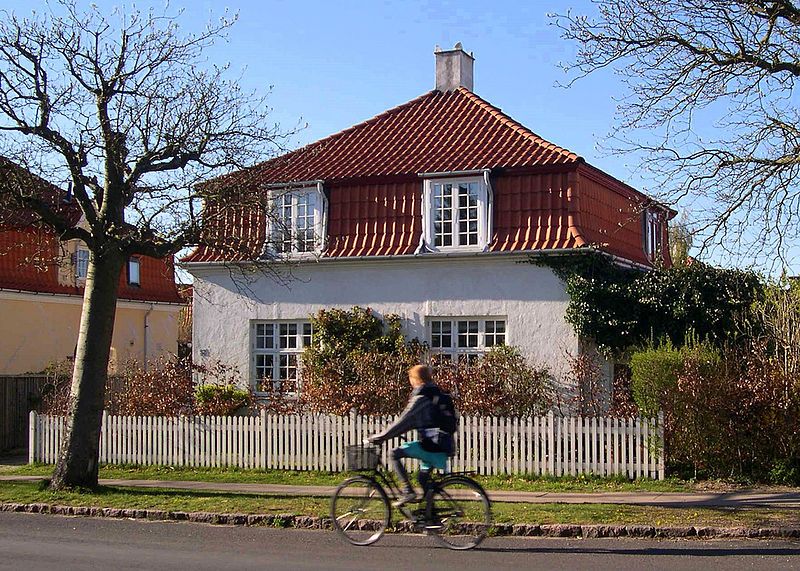In light of rapidly escalating property prices in major metropolises this century – initially in cities like NYC and London, latterly in the likes of Copenhagen – something has to change or society runs the risk of an entire generation being unable to afford to buy their own home.
In the UK, shared ownership properties are en vogue, requiring purchasers to buy a percentage and then pay rent on the remainder they do not own.
In Norway, a similar initiative called OsloBolig is encouraging prospective homeowners to do the same, and last week Copenhagen Municipality voted to adopt a proposal closely modelled on it.
Change in legislation needed
According to the proposal, first-time buyers should be encouraged to partially buy a home and then rent the rest until they have enough to buy the entire property.
Such an arrangement is currently illegal in Denmark, so legislation will need to be changed first.
The proposal was last week adopted by the Borgerrepræsentationen citizens’ representation with the support of Socialdemokratiet, SF, Radikale and Venstre,
Mayor: Many forced to leave capital
Jens-Kristian Lütken, the capital’s employment and integration mayor, is confident the new initiative will make it easier for first-time buyers to get their foot on the property ladder.
“We know that there are many young first-time buyers who find it difficult to enter the property market in Copenhagen and therefore move out of the city and give up the dream of owning their own in Copenhagen,” he told TV2 Kosmopol.
“Therefore, a new form is needed, where you don’t have to put in such a large down payment, but still become an owner.”















